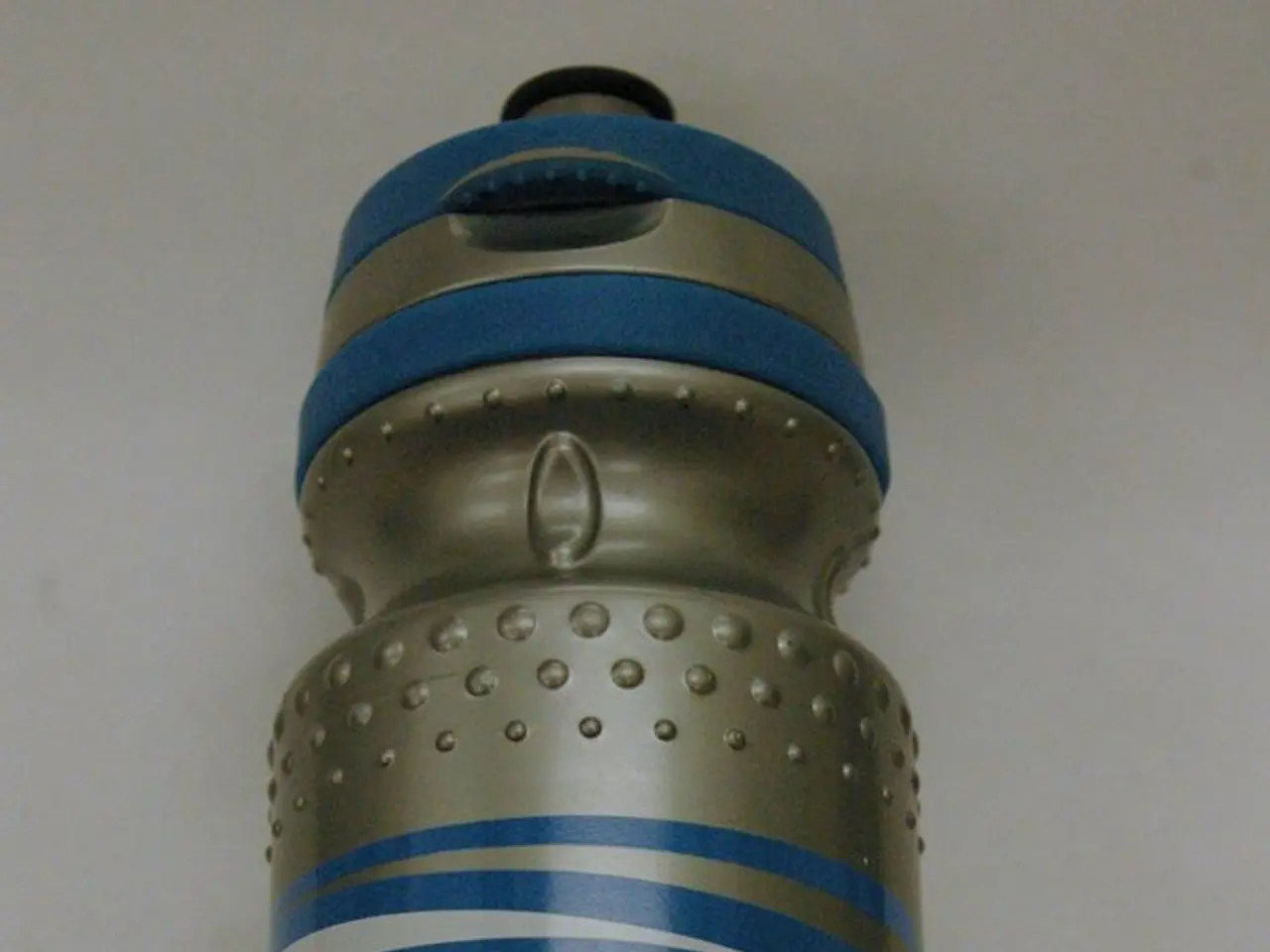Liverpool University collaborates with BARD1 Life Sciences Ltd on a test for type 3C diabetes
The University of Liverpool and BARD1 Life Sciences Ltd have joined forces to develop a groundbreaking blood test for Type 3c Diabetes Mellitus (T3cDM). The agreement, signed for a two-year period, provides BARD1 with the option to license the intellectual property for the development and commercialisation of the T3cDM test on favourable terms.
The planned introduction of the T3cDM blood test is scheduled for 2024. This test, using patented technology developed by researchers at the University of Liverpool's Institute of Systems, Molecular and Integrative Biology, could be a game-changer in identifying an at-risk population for a routine screening program for pancreatic cancer.
BARD1's Chief Scientific Officer, Dr Peter French, suggests that a test for T3cDM could be used to screen all individuals diagnosed with new-onset diabetes. Those who test positive for T3cDM could then be placed in an enhanced surveillance program and screened annually for pancreatic cancer using BARD1's specific pancreatic cancer tests.
Research by the University has shown that the combination of adiponectin and interleukin-1 receptor antagonist (IL-1Ra) has high diagnostic potential for distinguishing T3cDM from Type 2 Diabetes Mellitus (T2DM). The agreement allows the University and BARD1 to evaluate these novel protein biomarkers that can accurately distinguish T3cDM from T2DM in newly diagnosed diabetes patients.
Professor Eithne Costello, Professor of Molecular Oncology, is leading the project at the University and is the lead researcher on the UK-Early Detection Initiative (UK-EDI). The UK-EDI study will collect pre-diagnostic samples and data from individuals who will subsequently receive a diagnosis of pancreatic cancer.
It's worth noting that certain individuals with T3cDM are at increased risk of developing pancreatic cancer. Approximately 10 in 100 people with T3cDM have underlying pancreatic cancer, with diabetes acting as an early warning sign for the presence of cancer.
BARD1 is also investigating two novel approaches for screening pancreatic cancer using its SubB2M and EXO-NET technologies. The negotiation of the option agreement has been managed by the University of Liverpool's IP Commercialisation Team.
T3cDM diabetes accounts for approximately 10% of all new-onset diabetes cases. Currently, no test exists to identify T3cDM, and it is often misdiagnosed as T2DM or inappropriately managed. The development of this test could help address this issue and improve the management of T3cDM.
Approximately 22.9 million new cases of new-onset diabetes are diagnosed worldwide annually. The introduction of the T3cDM blood test could significantly impact the early detection and management of T3cDM and pancreatic cancer, potentially saving countless lives.
The researchers developing this technology have been supported by grants from Pancreatic Cancer Action (PCA), Pancreatic Cancer UK (PCUK), North West Cancer Research (NWCR), and Cancer Research UK (CRUK). This collaboration is a testament to the importance of joint efforts in medical research and the hope it brings for those affected by T3cDM and pancreatic cancer.
Read also:
- Is it advisable to utilize your personal health insurance in a publicly-funded medical facility?
- Dietary strategies for IBS elimination: Aims and execution methods
- Benefits, suitable dosage, and safety considerations for utilizing pumpkin seed oil in treating an overactive bladder
- Harmful Medical Remedies: A Misguided Approach to Healing






